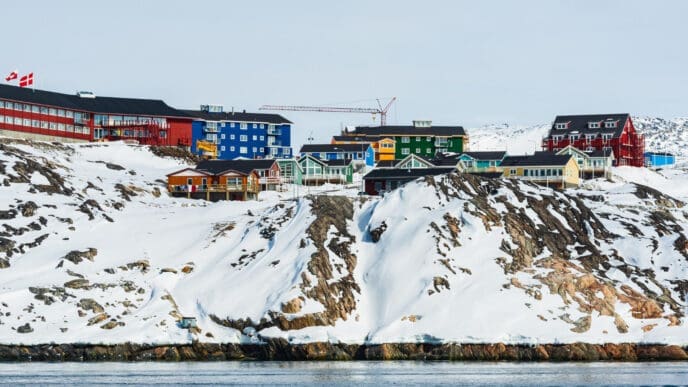A Kremlin-linked oil tanker was detained by Estonian authorities just outside Tallinn, marking a significant move by the Baltic country against Russia’s “shadow fleet.” The vessel, known as the Kiwala, was reportedly under the Djibouti flag but was found not flying any flag, violating maritime law. Although the crew presented a flag certificate, the Djibouti naval authority could not locate the Kiwala in its national registry.
Estonia exercised its right to detain the vessel for inspection. The Kiwala is under sanctions by the EU and has also faced sanctions from Canada, Switzerland, and the UK. The tanker was en route to the Russian port of Ust-Luga and is suspected of being part of Moscow’s “shadow fleet,” which allegedly transports Russian oil to circumvent sanctions. The Kiwala will remain under guard by three navy vessels until further inspections are completed.
There have been numerous reports of vessels operating in the Gulf of Finland without proper documentation, and the Kiwala is believed to be part of this shadow fleet, which utilizes the Baltic Sea to transport prohibited goods. The vessel is owned by Tirad Shipping, a company based in Mauritius that operates only the Kiwala.
The Bottom Line
The detention of the Kiwala by Estonian authorities highlights the ongoing efforts to enforce maritime regulations and sanctions against Russia’s shadow fleet. This action underscores the challenges faced by countries in ensuring compliance with international laws and preventing the circumvention of sanctions.
For the global community, this incident serves as a reminder of the complexities involved in monitoring shipping activities and the importance of international cooperation in addressing illegal maritime operations. The situation may prompt other nations to strengthen their maritime surveillance and enforcement measures, impacting the shipping industry and potentially leading to increased scrutiny of vessels operating in contested waters.











